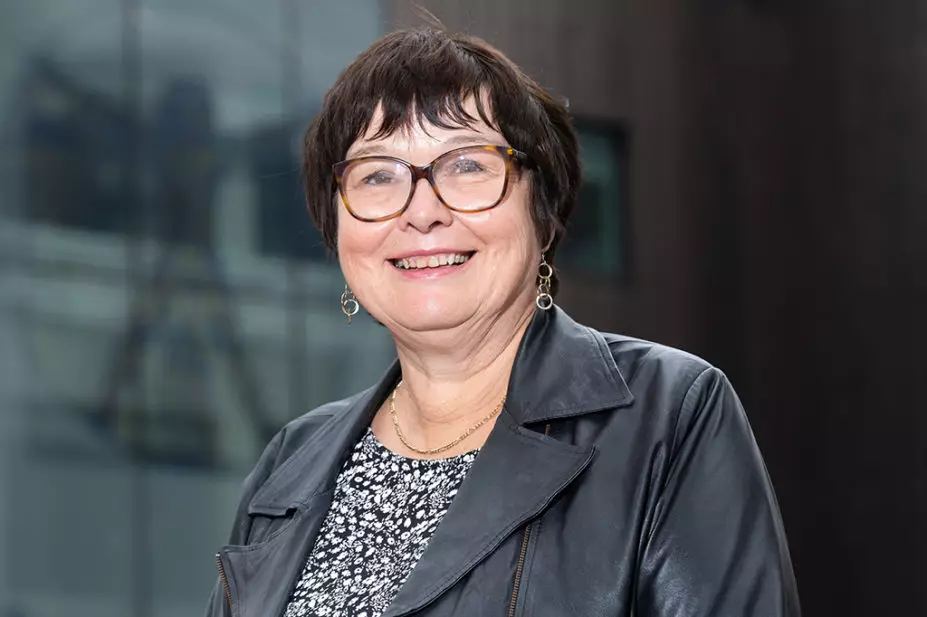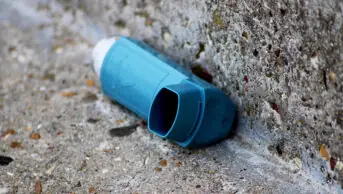
Jon Barlow
Manufacturers should readily supply information on the environmental risk of medicines so it can be included in NHS prescribing guidance and formularies, the Royal Pharmaceutical Society (RPS) has said in a new sustainability policy.
In its policy, ‘Pharmacy’s role in climate action and sustainable healthcare’, published on 28 October 2021, the RPS says the additional information from manufacturers would enable prescribers to make more sustainable choices.
Developed from “significant research and stakeholder engagement”, the RPS policy is focused on four main areas: improving prescribing and medicines use; tackling medicines waste; preventing ill health; and infrastructure and ways of working.
The RPS says it aims to support pharmacy teams to reduce the environmental impact of medicines, which are responsible for around 25% of the NHS’s carbon emissions.
The policy follows the RPS’s declaration of a climate and ecological emergency in September 2021, in which the Society described climate change as “the most significant health threat that modern society has ever faced”.
As well as calling for a review of prescribing guidelines to support environmentally sustainable decision making, the RPS also calls for more research into how pharmacists can use social prescribing, and says funding to include social prescribing in the community pharmacy contract should be considered.
The policy also highlights the need for further work and investment across pharmacy to ensure virtual consultations are used wherever it is clinically appropriate and appropriate for the patient, so that services do not revert to “the pre-COVID default way of working”.
“The role of the pharmacist and the pharmacy team in preventing illness, optimising medicines and reducing pharmaceutical waste already reduces the impact of medicines on the climate,” said Claire Anderson, president of the RPS.
“There’s significant workload pressure on pharmacy teams right now but there are small changes in the way we work where pharmacists and pharmacy teams can make a difference.
“Pharmacy can have an impact on every stage of the life cycle of a medicine, from design and development, marketing authorisation to production, post-authorisation, health technology assessment, prescription and consumption, and finally waste disposal,” she added.
The policy says pharmacists are ideally placed to advise patients on the appropriate handling and disposal of medicines, reminding them to never flush them down a toilet or drain and always return them to the community pharmacy for safe disposal.
It also reiterates the role of pharmacists in providing medication reviews to identify potential medicines waste, improve compliance, deprescribe medicines that are not required, and change from high-carbon products to low-carbon and low environmental impact alternatives, where appropriate; for example, in the case of inhalers, which account for an estimated 3% of NHS emissions.
Responding to the RPS’ recommendations for manufacturers, a spokesperson for the Association of the British Pharmaceutical Industry said that pharmaceutical companies were “firmly committed” to the environmental agenda.
“They are investing in research and development in greener products, as well as more sustainable production and distribution practices, to deliver medical innovation to patients in ways that protect and support the environment, while balancing patient need and safety regulations.”
Tracy Lyons, medicines optimisation pharmacist and pharmacy sustainability lead at Poole Hospital, University Hospitals Dorset NHS Foundation Trust and founder of Pharmacy Declares, a group of climate conscious pharmacy professionals based in the UK, said the policy expanded on existing NHS plans, for example, by calling for the ecological impact of agents to be taken into account, rather than simply carbon footprints.
“It’s also fantastic to see a call for sustainability education at the under/post-graduate level,” she added.
“The profession needs to understand the drivers of the climate & ecological crisis in order to tackle it. We have such a short time frame in which to address this global health emergency, and that calls for a constant increase in ambition.”
Read more: Universities must teach future pharmacists about protecting the environment


